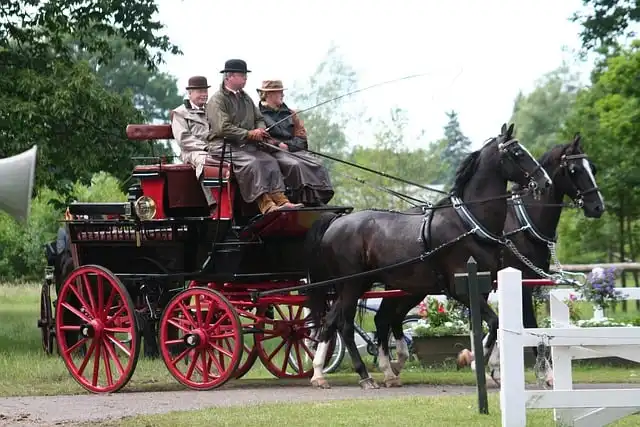Baltasar Bachero: Madrid Hero & Forgotten Sacrifice

Baltasar Bachero, a Madrid coachman, heroically stopped a runaway carriage in 1929, saving children. Despite initial recognition and a street named after him, his story faced confusion and renaming controversies, solidifying him as a altruism symbol.
Bachero’s Heroic Sacrifice Honored
Bachero’s fearlessness was commonly acknowledged in the press at the time, and papers such as ABC and El Imparcial highlighted his sacrifice. Homeowners moved by the misfortune motivated the Madrid Common council to relabel Salitre Street after him, a tribute sustained by then Spanish leader General Miguel Primo de Rivera. In 1967, however, the common council reversed this choice and returned the road to its original name, which brought about protests among the locals of Lavapiés.
Baltasar Bachero: Coachman’s Life in Madrid
Baltasar Bachero was a Madrid coachman that worked at Atocha station and lived in Lavapiés. In March 1929, he became a hero when he pounced on a runaway burro drawing a carriage down the steep Salitre street. To quit the pet from trampling a group of youngsters playing in the road, he grabbe the reins yet was thrown to the ground and run over by the carriage. He experienced serious injuries, consisting of a skull fracture, and passed away six days later.
Legacy of Altruism and Confusion
Bachero was a humble guy that coped with his partner, Filomena García Martínez, and their kids in a moderate, windowless home. His tale has actually been extensively reported, inaccurate versions have actually arised, attributing the heroic action to others, leading to confusion. Nonetheless, he stays a sign of altruism in Madrid, and this tile mosaic on his former home still celebrates his sacrifice.
1 altruism2 Baltasar Bachero
3 coachman
4 Lavapiés
5 Madrid hero
6 sacrifice
« Cary’s Castle: Joshua Tree’s Hidden Desert ShelterMt. Nimba: Exploring Liberia’s Mining History & Natural Beauty »
